This grimdark tactical RPG let me become a satanic Wolverine who barks like a dog
Beast is brutal, janky and out in early access now.
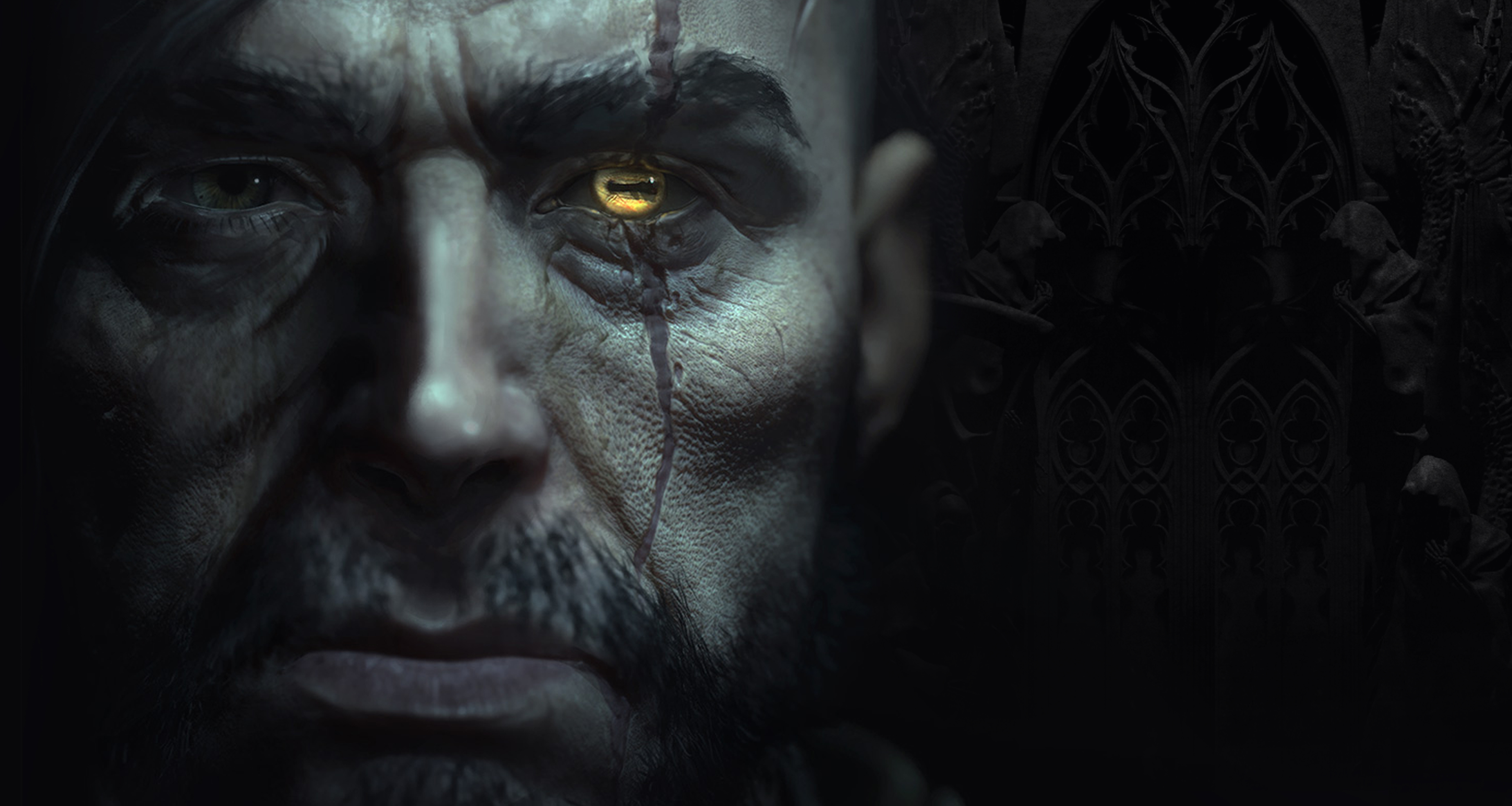
When I first embraced my inner-demon in medieval tactical RPG Beast, I was not expecting to become a kind of satanic, horned Wolverine, ripping enemies to shreds with razor-sharp claws. My foes were equally surprised, as blood spurted out of their veins with comic book exaggeration. As I dashed around the gridless map, the miserable setting—a dimly-lit village ravaged by plague and war—and grim violence was undercut by my character's howls and barks. "Woof woof woof!" I yelled as I cut down another soldier.
Despite the laughs elicited by the barking protagonist—a war veteran returning home after a decade of Ottoman slavery—Beast is a deliberately miserable game. Anti-hero Anton is a gloomy, scarred and vengeful lad, and after a hellish 10 years he's come back to Carpathia during what's basically an apocalypse. Nobody is having a good time.
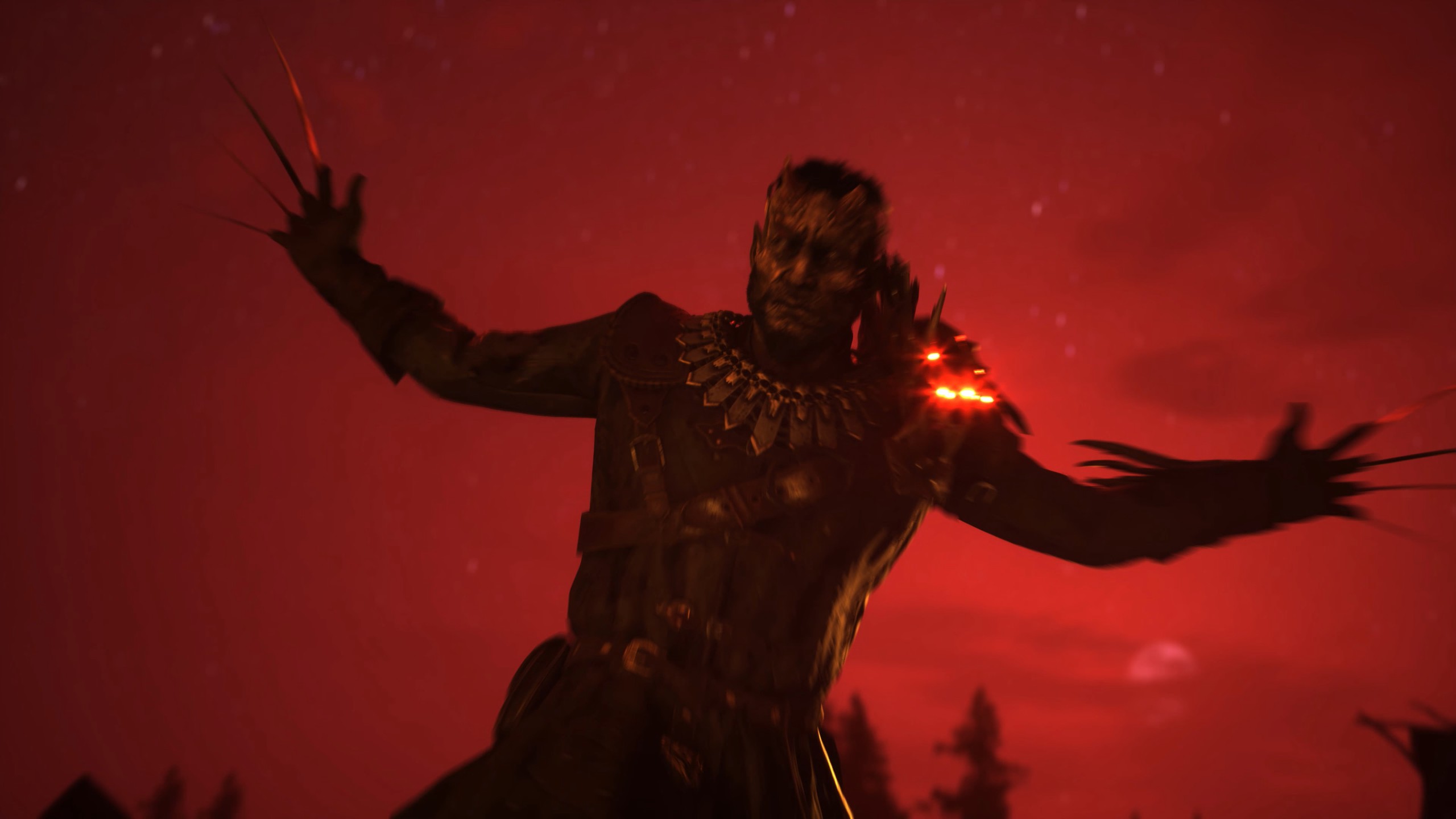
Beast has launched in early access during an enduring flood of tactical RPGs, many of them leaning into similar grimdark themes. Like others, including the Darkest Dungeon series, it reflects the pressures of conflict and the stresses placed upon Anton thanks to the horrors he regularly witnesses with an "insanity system". The impact of this system, however, and the way you can manipulate it are what sets this tactical RPG apart.
See, when Anton's insanity meter reaches its zenith, he becomes a font of rage, allowing you to activate his most dangerous ability: transforming him into the aforementioned satanic Wolverine. He ditches his swords and guns, instead slaughtering with his demonic claws and his supernatural strength and speed. On top of this, he can teleport directly to enemies and attack them in a single move, or intimidate them, stopping them from using an action that turn by pointing at them and giving them a stern talking to—scary stuff!
This system is very much under your control, as specific things raise and lower the meter. Dealing and taking damage is a surefire way to get the meter up, and it's not just enemies who you can batter. When an ally is downed, for instance, you can finish them off by executing them instead of saving them, embracing the dark side. If you choose to heal them instead, Anton's rage starts to dissipate, which can be helpful if you want to use your ranged weapons.
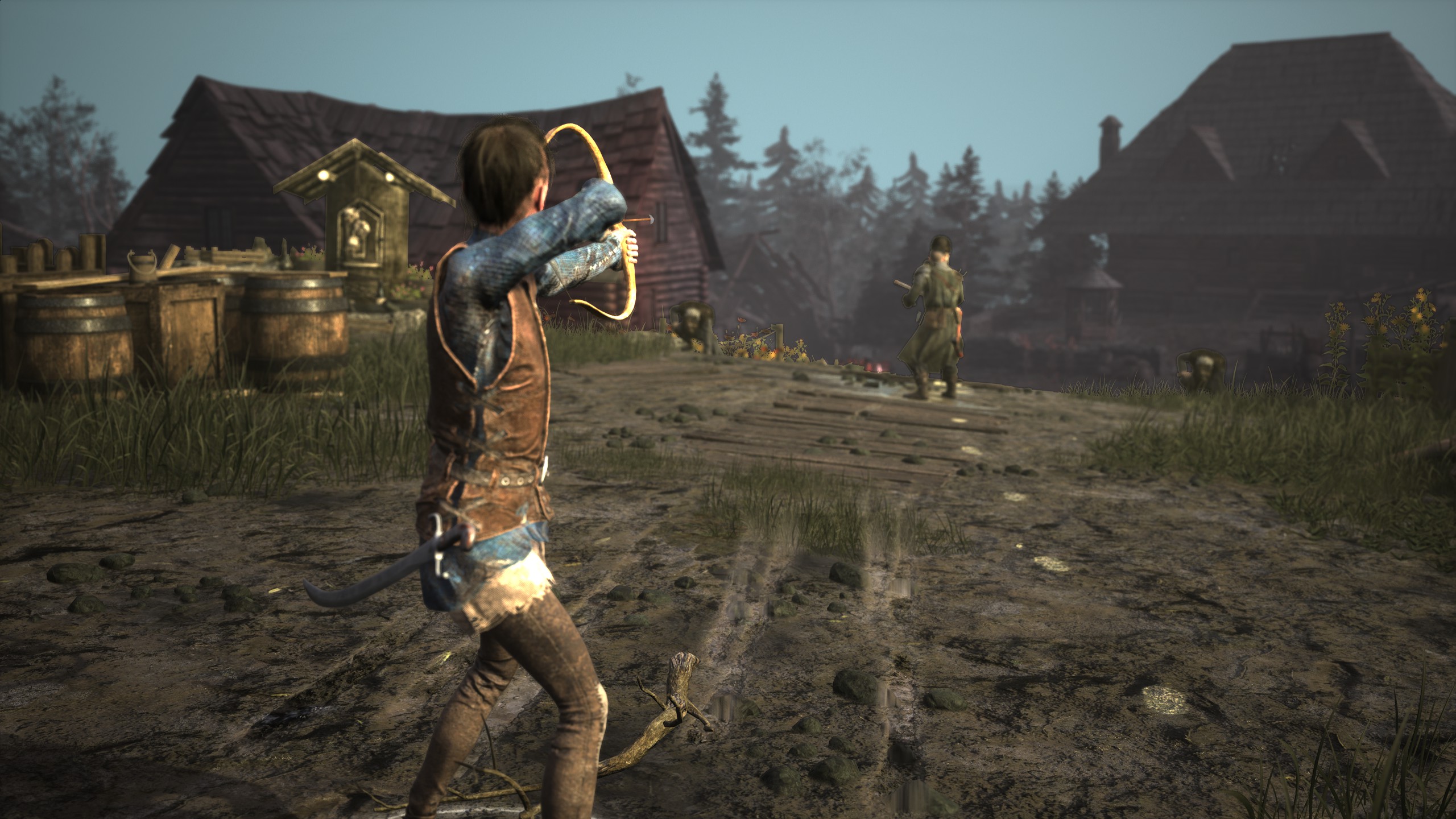
The one element of the insanity system that doesn't quite make sense, in part because it comes with no explanation, is how it also gives enemies new abilities. I'd get it if going beast mode made you, say, vulnerable to specific attacks, because you favoured offence over defence, but I can't figure out a logical reason why the meter going up would empower your foes and give them new ways to thwart your mission.
Old dog
Otherwise, Beast sticks to familiar mechanics: overwatch, different levels of cover, attacks of opportunity—you know the score by now. Different classes have, along with their specific weapons, special abilities, allowing them to make multiple attacks with some accuracy penalties or strike an enemy while gaining a defensive bonus. So far, abilities that deal extra damage seem like the least helpful ones, as I've encountered few enemies that can't be taken out instantly by a single basic attack. The defensive and utility abilities, however, prove more useful since you're often swarmed by foes, and allies can go down swiftly.
Keep up to date with the most important stories and the best deals, as picked by the PC Gamer team.
More than a few times I've been skipping through a mission without a care in the world, only for a pack of enemies to burst out of a door or alley, quickly surrounding my carefree party, rapidly transforming the fight into a stressful fight for survival. This is where scouting becomes so important: even if you think you've got a clear path to the objective, you almost certainly don't. You won't survive unless you start sending canaries into the mine.
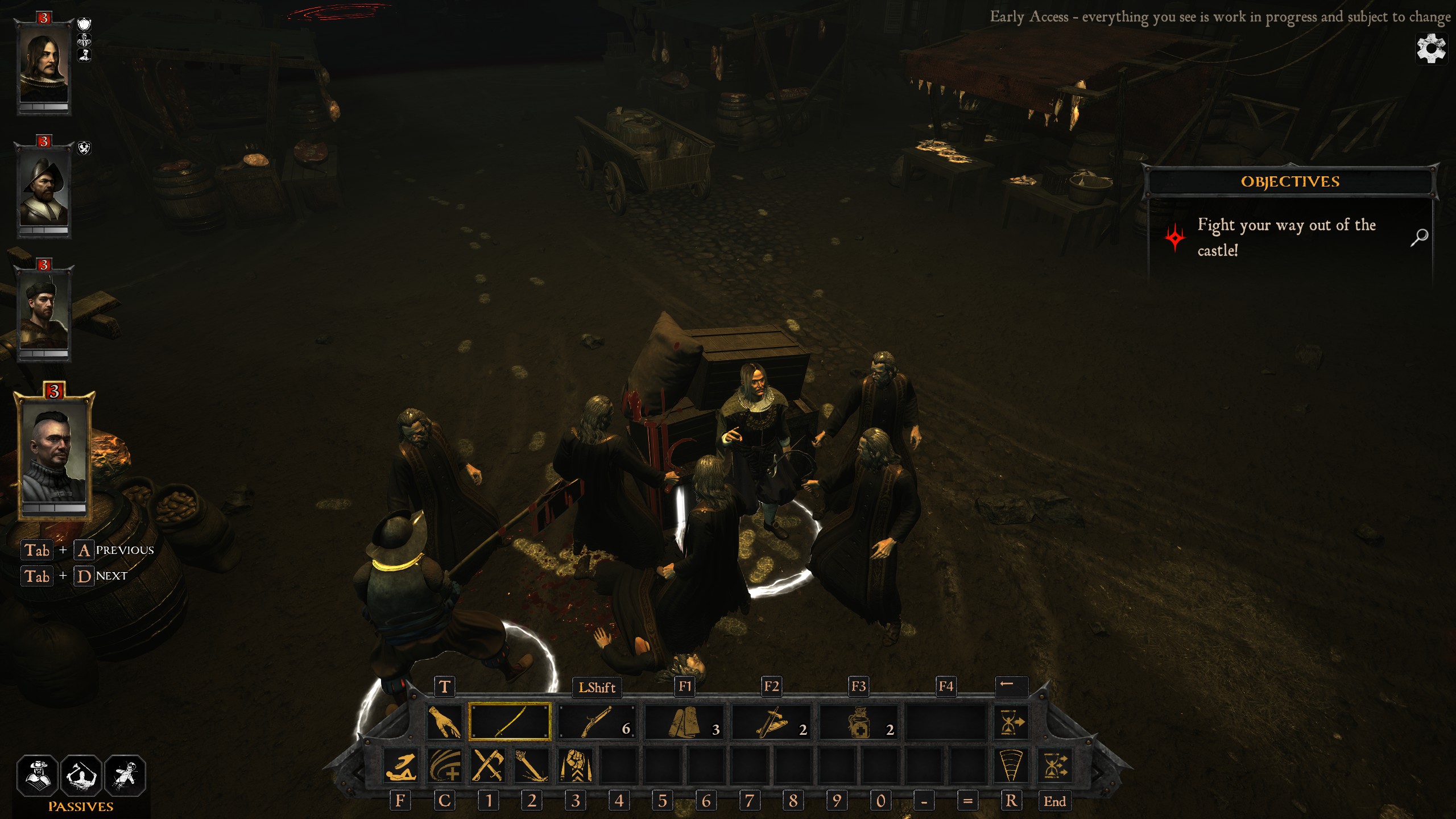
Characters benefit from passive abilities, too, determined by both their class and background. This allows some characters to counterattack, while others can heal for a percentage of the damage they've inflicted. A lot of the starting abilities are surprisingly powerful, turning everyone into a deft killing machine, and every character comes with a fairly meaty ability tree with a mix of passive and active abilities, so your allies are not just throwaway minions. This makes the choice to execute them to raise your insanity meter a riskier proposition.
Instead of an XCOM-style non-linear campaign, Beast throws you into missions one after another, sandwiched between cutscenes. There's also a second story running parallel to Anton's, where you're controlling a rebellious prince and his mates. Unfortunately, it all flows together terribly, at first, with missions that are too short and a narrative that doesn't feel cohesive.
This does improve once you're out of the opening section, however, and this is also where Beast starts throwing in some management wrinkles. After around six missions, you'll finally get to customise Anton, picking a premade class and background, or making more granular choices. You can start recruiting soldiers, too, and equipping them with loot pinched from the battlefield between each mission.
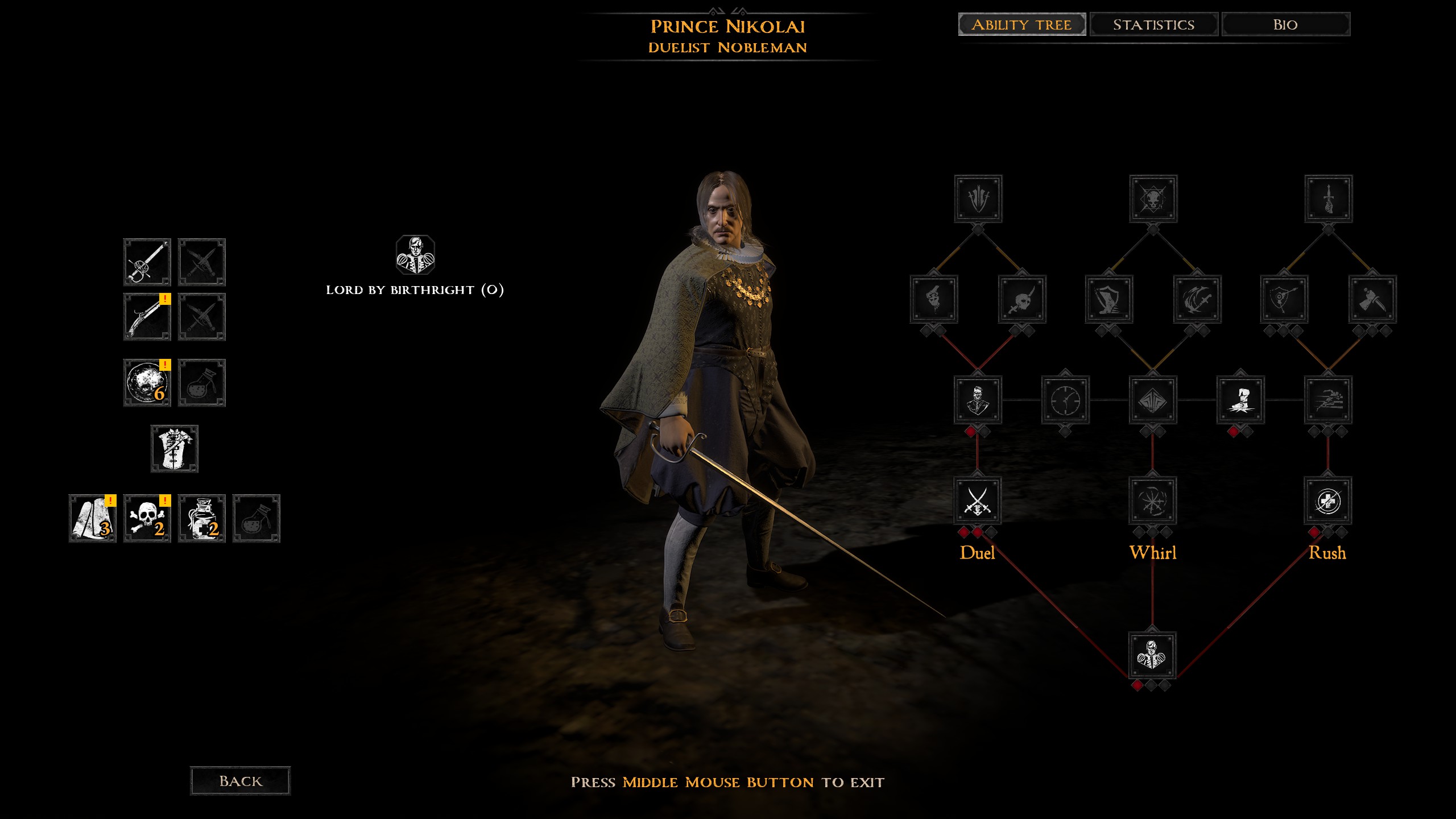
There's a spot of resource management from this point on, as your ammunition and healing items will run out quickly and won't be replenished automatically. This balances out the brutal effectiveness of ranged weapons. It's very tempting to wipe out enemies before they can close the gap, but that might leave you vulnerable in your next mission. Guns in particular, then, are to be used sparingly, and come with other downsides, like the need to reload after every shot, wasting an action point.
Even in a short space of time I encountered a solid variety of objectives amid these battles, from castle escapes to protecting wagons to rescuing pals, which will hopefully grow even more diverse once developer False Prophet expands beyond the current 20-mission roster. It's a good foundation, but what it really needs more than anything else is lots and lots of polishing.
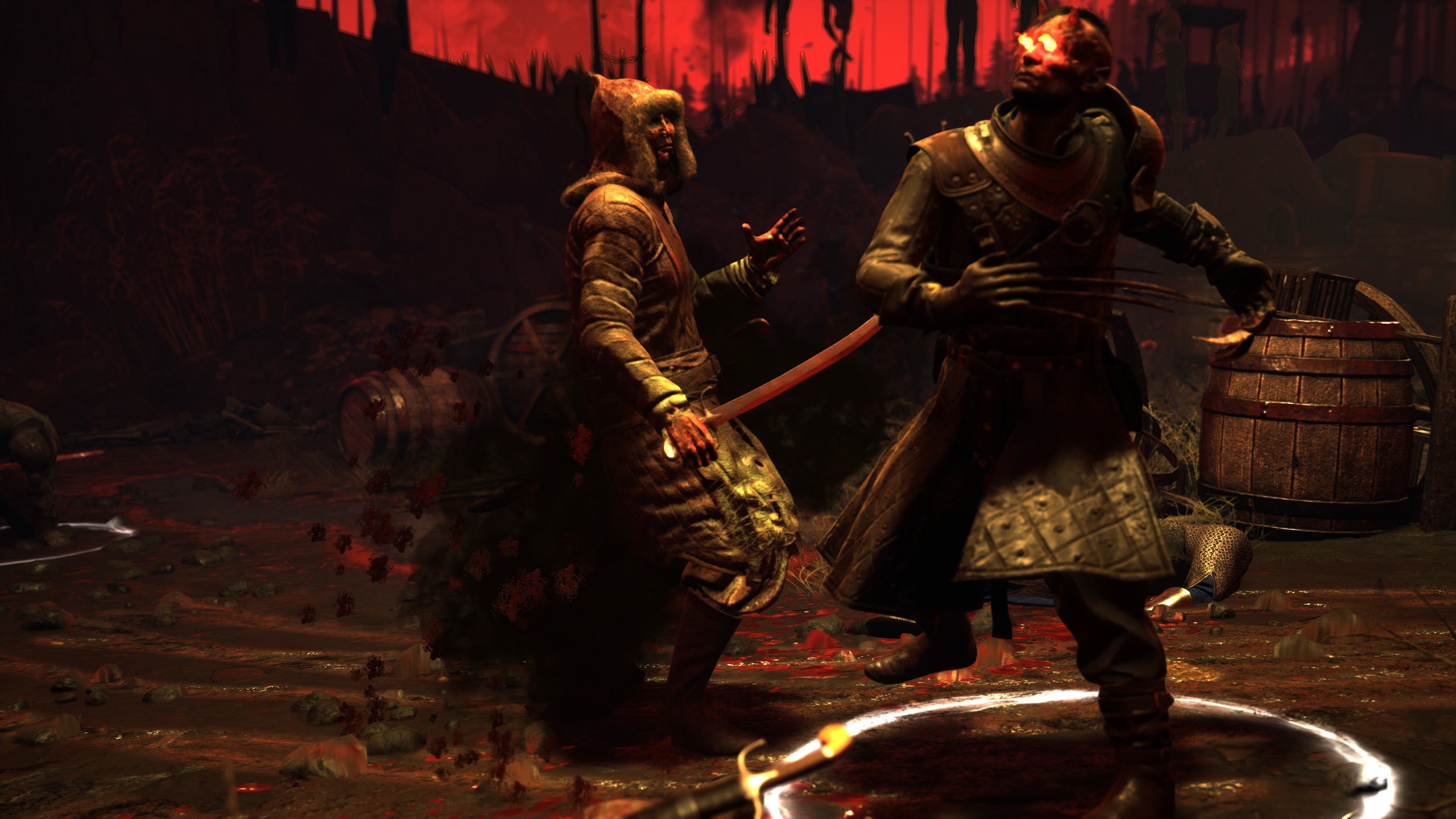
"As this is truly an Alpha version of the game (which means actual early code) there is a lot of stuff planned to be implemented, fixed, updated, balanced and optimized before full release," warns the developer. And yeah, it is certainly a bit rough. Character animations are sluggish, with awkward pauses between actions, and the cinematic finishers frequently see characters clipping through each other. Audio, meanwhile, is all over the place, requiring me to constantly raise and lower the volume. I'm already getting really sick of the UI, too, which lacks clarity and demands too many extra clicks while offering too little feedback.
False Prophet says it's "committed to 2024", so Beast is expected to leave early access in a matter of months rather than years. In the meantime, there's fun to be had here, both when it comes to the violent scraps and the squad management. I'd hold off taking it for a spin until it's had a bit more time to stew, however. Give it a few updates first.

Fraser is the UK online editor and has actually met The Internet in person. With over a decade of experience, he's been around the block a few times, serving as a freelancer, news editor and prolific reviewer. Strategy games have been a 30-year-long obsession, from tiny RTSs to sprawling political sims, and he never turns down the chance to rave about Total War or Crusader Kings. He's also been known to set up shop in the latest MMO and likes to wind down with an endlessly deep, systemic RPG. These days, when he's not editing, he can usually be found writing features that are 1,000 words too long or talking about his dog.

